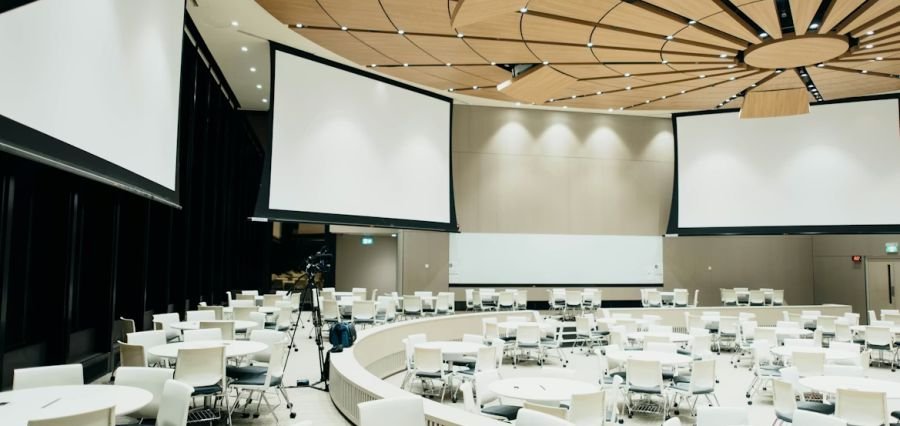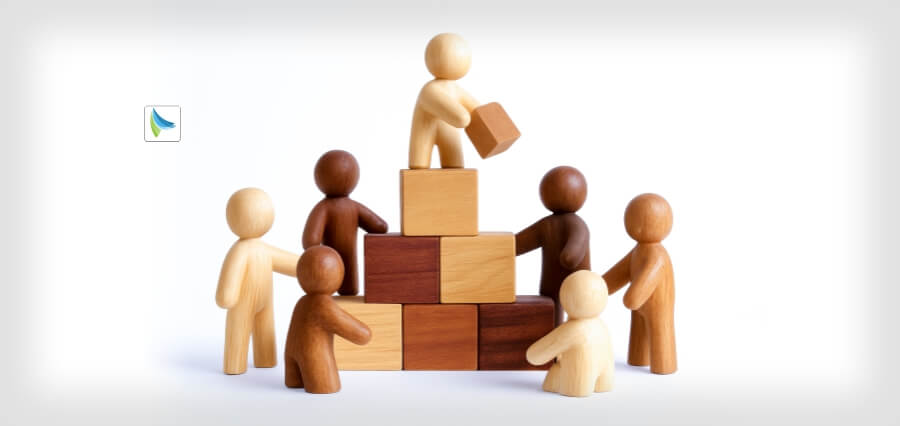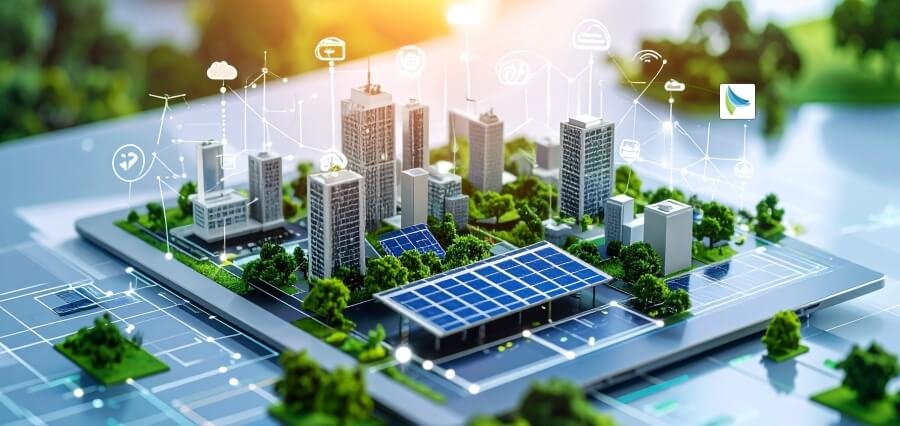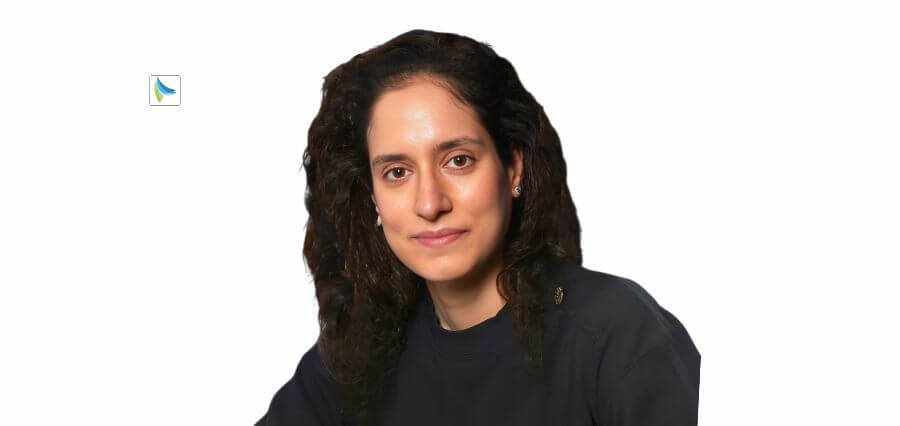A Cross-National Analysis
Human progress and social advancement are typically quantified in terms of economic, technological, or political advancements. But even these metrics fail to represent the whole picture of how people and communities really thrive. Behind actual advancement lies actual human development that is as much concerned with dignity, purpose, and identity as it is with material improvement.
Culture shamefully underemphasized in development paradigms of the modern age is playing a major role in mapping out this course. Realization of the dialectic tension between culture and human development permits us to advance development that is holistic and sustainable.
Defining Authentic Human Development
Authentic human development is a type of development that transcends economic progress or industrialization. It assumes that authentic development will make people’s dignity grow, respect cultural diversity, and reinforce people’s moral, intellectual, and spiritual capacities. It differs from earlier models aiming at economic growth because it focuses on the overall well-being of people and communities before all else. It poses questions: Can people liberate themselves and realize their full potential? Are their cultural worth and identity valued? Do they feel self-worth and belonging?
The Role of Culture in Shaping Identity
Culture is not heritage or tradition it is how human beings perceive the world, and make sense of it, and organize their lives. As language, ritual, art, or social custom, culture is the scaffolding of group membership and identity. When development interventions neglect culture, they empower lessness individuals and, in the end, impose others’ values.
For instance, education systems constructed in complete disregard of indigenous cultures and languages can suppress one’s creativity and self-esteem without one even noticing it. Conversely, when cultural capabilities are embedded within development policy, societies thrive because they feel legitimized and recognized. That is how culture becomes an enabler and not a barrier to real human development.
Economic Growth vs. Human Flourishing
Progress these days typically involves GDP growth, employment generation, or urban growth. All are critical but not adequate. Human development in a true sense acknowledges that human beings are not mere economic beings but complex individuals with emotion, cultural, and religious aspirations.
Picture an employee getting a fat paycheck but dwelling in a setting where national identity is lost or community bonds are dissolved. Material wealth might be present, but inner satisfaction and integrity are compromised. Or, a society that weighs economic advancement against cultural identity ensures advancement has a higher human resonance. Real flourishing happens when economic and cultural forces meet.
Education and Human Development
Education is also among the greatest forces for change, and its effectiveness depends on its own ability to include cultural relevance. Those institutions that only champion homogenized, globalization of knowledge without locals’ culture or heritage have the unwitting effect of eroding confidence in culture.
To be able to bring about real human development, education needs to be able to enable learners to reconnect to their heritage and equip them for global interaction. Bilingual education, heritage studies, and community-based programs are some of the methods that integrate respect for culture and intellectual development. By learning who they are in what they are studying, students become confident and guided.
Authentic Human Development and Globalization
Globalization provided unprecedented interconnectedness, yet at the same time evokes fear of homogenization of cultures. Mass media, consumerism, and globalized living spread and wore out traditional methods. True human development attempts to strike a balance by availing benefits from globalization without compromising uniqueness of cultures.
This entails empowering intercultural dialogue instead of one culture enveloping another. It entails appreciating traditional knowledge—whether local environmental thought or community-sized existence—too frequently to give rise to sustainable practice kept out by advanced systems. By incorporating cultural context into international exchange, peoples can pursue development that is contemporary but authentically human.
Community, Belonging, and Well-being
Perhaps one of the most powerful human needs is belonging. Culture provides this in the form of shared practices, values, and narratives which unite people together. Realistic human development appreciates the significance of attachments to community to mental and emotional health.
While strategies of development come a long way in revealing communal living—by means of local cultures, communal self-rule, or social support through tradition solidarity and strength are established. Yet where communities are sundered by migration, urbanization, or abandonment of local cultures, individuals become isolated, suffer identity crises, and find mental torment. Since development revolves around cultural belonging, individuals find meaning in a shared human existence.
Challenges to Authentic Human Development
Though required, authentic human development is in danger from an array of problems:
- Economic Pressure: Governments are more prone towards quick industrialization than to hold on to culture.
- Decline of Culture: Century after century will choose to abandon traditions in the face of international media.
- Failure in Policy: Policy for development might overlook cultural issues, too besotted with quantifiable monetary gains.
These are challenges that must be overcome by people-centric policies, inclusive and by leaders that also care about cultural dignity and economic development.
A Way Forward
This synergy of new opportunity and cultural awareness is a vehicle for genuine, human progress. Governments, educators, and community leaders can act together to see that development initiatives construct that situational state and respect fully human dignity. It requires traditions to be not just maintained but reimagined so as to address contemporary situations.
When growth adheres to cultural identity but allows people to grow, it creates individuals who are not just successful but also happy. Such people contribute greatly to society as their growth is based on genuineness.
Conclusion
In an endlessly evolving world, the quest for real human development is a shared concept of progress. It keeps us mindful that development is not buildings, highways, or growth—it is to construct the entire person in his or her context of culture. Culture gives a sense of self, meaning, and belonging, and development brings opportunity for growth and participation. Coupled together, humankind achieves progress that is human, sustainable, and decent.
True human progress, then, is not a theoretical concept but a pragmatic imperative. Through being responsive to culture and through honoring human dignity, societies can build the future where progress is exactly what it is to be human.
Read Also: How Neuroscience Leadership Transformation Drives Sustainable Performance?
















